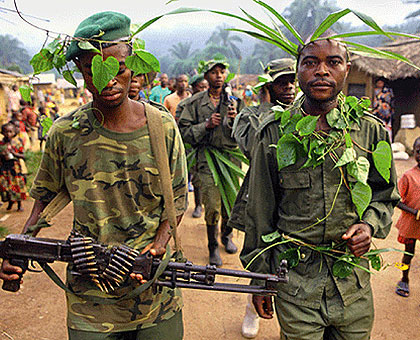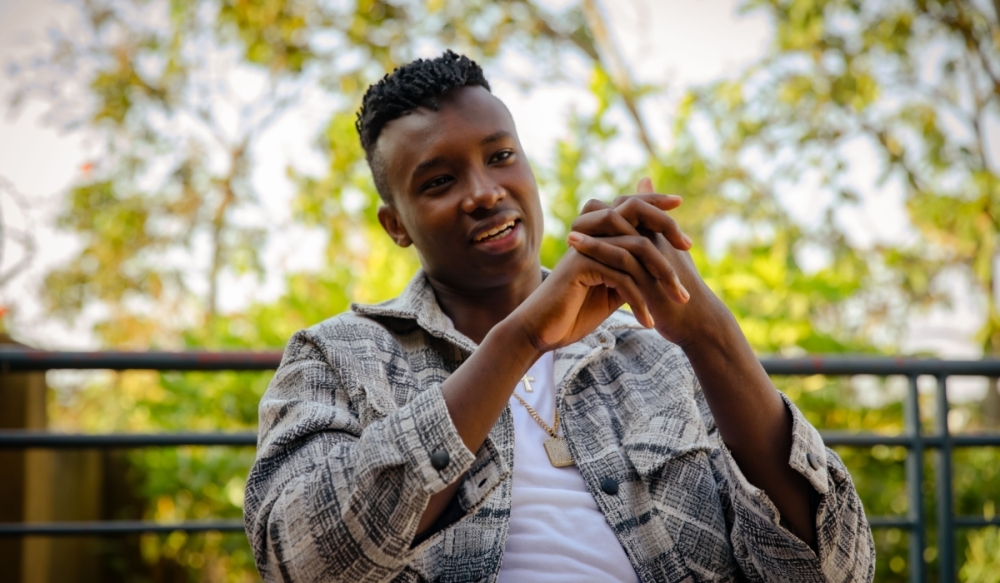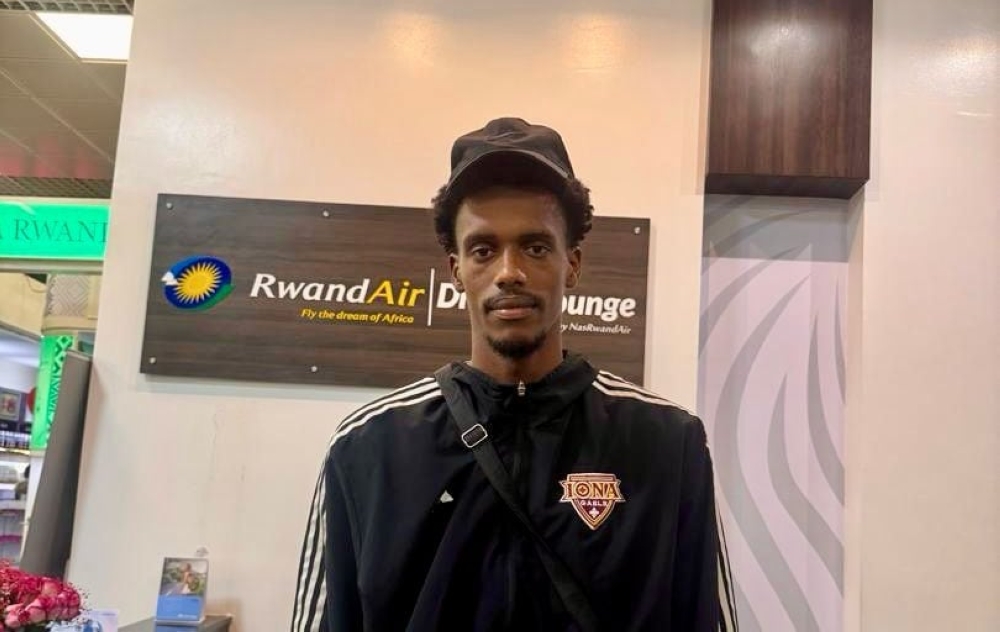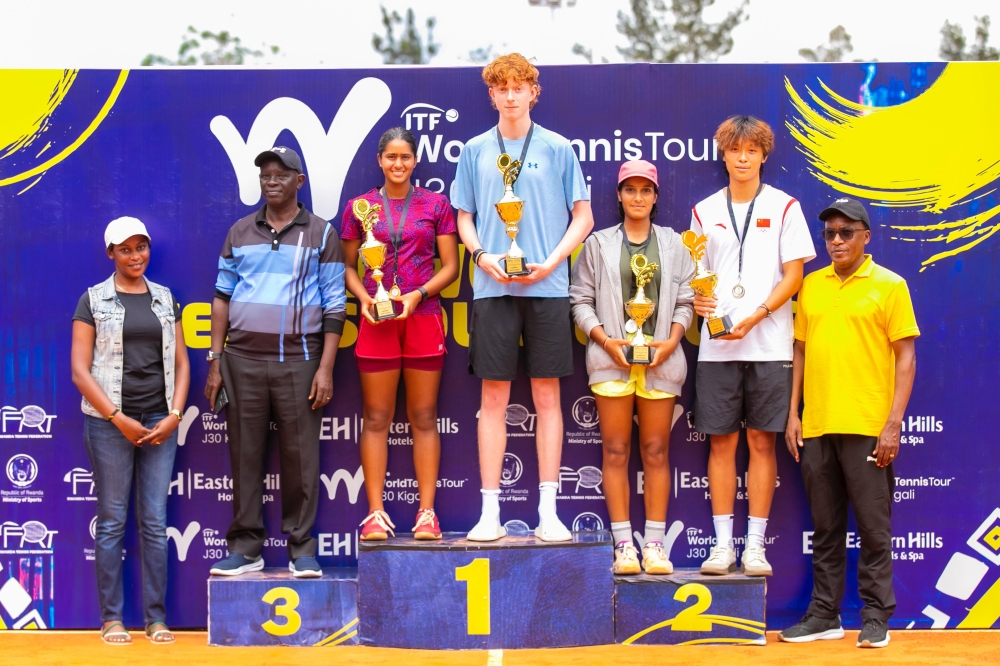Members of the eastern DR Congo militia Mai Mai say they deserve to be included in talks between the Kinshasa government and the M23 rebel movement.


Members of the eastern DR Congo militia Mai Mai say they deserve to be included in talks between the Kinshasa government and the M23 rebel movement."The Mai Mai have several well-founded demands. ... We want to be and should be part of the talks,” Joseph Assanda, who represents 11 Mai Mai groups based in South Kivu province, told AFP on Monday.The talks in Kampala, which were adjourned on December 21 until Saturday, concern a 2009 accord that applied to dozens of armed groups in the volatile mineral-rich region.The accord aimed at ending chronic unrest in the area, especially since the 1994 Genocide in neighbouring Rwanda sent tens of thousands of refugees across the border as well as thousands of elements that participated in the Genocide.The unrest has served as a constant cover for the motley groups to plunder the region.The Mai Mai militia groups are indigenous to the region, known for their fearlessness said to be based on the belief that water protects them from bullets.They have been known to shift their alliances with different rebel movements in a country whose two back-to-back wars from 1996 to 2003 claimed a staggering number of lives.The chronic unrest has allowed myriad opportunists to plunder the area’s rich mineral deposits, often with their bare hands.The M23 rebels, who occupied the key eastern mining hub of Goma for nearly two weeks in November, emerged out of a previous rebel force which was integrated into the DR Congo army under the peace pact signed on March 23, 2009.They mutinied last April, claiming mistreatment and the failure of the Kinshasa government to implement the accord.After withdrawing from Goma on December 1, the M23 rebels entered talks with the DR Congo government on December 9.The talks mediated by the International Conference on the Great Lakes Region are taking place in the Ugandan capital Kampala.Assanda took issue with the venue."We are Congolese, and the agreement was signed in (DR) Congo. We want talks that will include us to take part in Congo,” Assanda said.The Kinshasa government should "pay particular attention to other armed groups that signed” the accord, said a Mai Mai official, Longangi Kanyere.His group is among 11 Mai Mai groups based in South Kivu province who signed the accord."We need more consideration,” he said. "The ranks earned by our soldiers who are still in the bush ... should be recognised.”He said that if this demand were met, many other armed groups in South Kivu, as well as in North Kivu, "would spare no effort to help the Congolese government bring a sustainable peace to the eastern DRC.”






